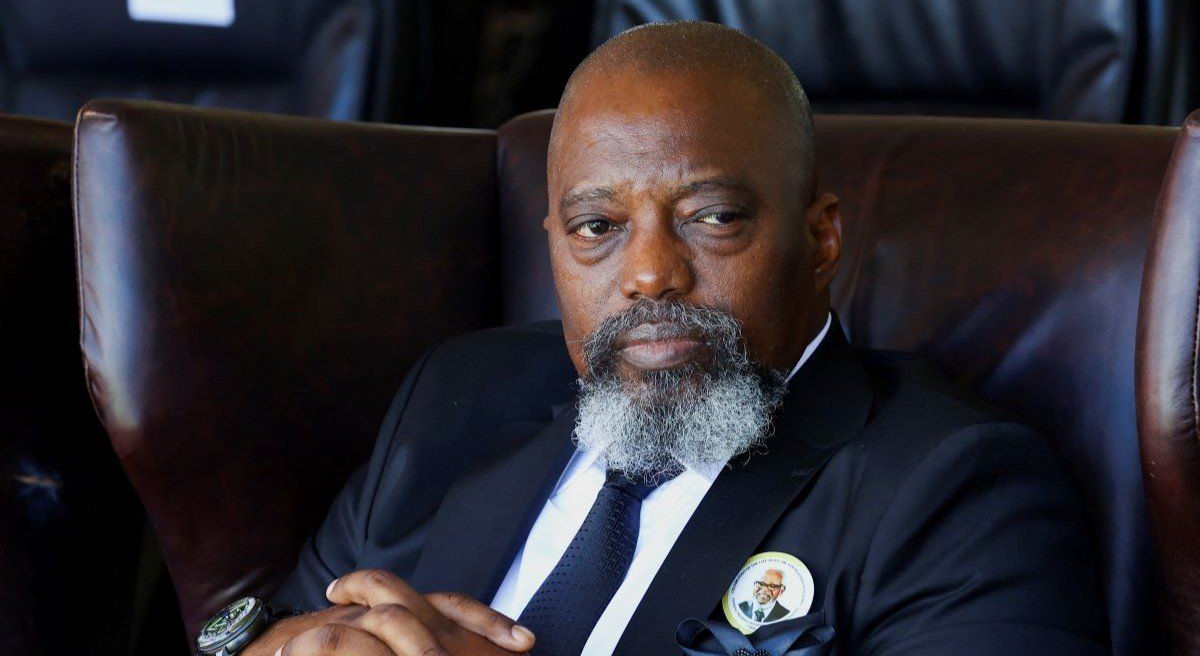Former Democratic Republic of Congo President Joseph Kabila has announced his return to the country, vowing to halt the rapid advance of the Rwanda-backed M23 rebels who have seized significant territory in the country’s conflict-ridden east.
Background: Kabila left the DRC in 2018 amid intense public unrest following his refusal to step down at the end of his presidential term. Deadly protests eventually forced his departure, though he negotiated a deal allowing him to retain some influence from abroad, in cooperation with his successor, President Félix Tshisekedi.
Tshisekedi is none too happy about Kabila’s return and has resorted to political mudslinging, accusing the former president of having supported the M23 rebels during their recent capture of Bukavu, the DRC’s second-largest city. What’s more, Kabila has been holding talks with opposition leaders and civil society figures about the country’s political future as public dissatisfaction mounts over Tshisekedi’s response to the rebellion.
Kabila’s return sets the stage for a potential power struggle just as the DRC nears a major deal with the United States — an agreement exchanging access to critical minerals for security support. This deal is seen as crucial to strengthening Kinshasa’s position ahead of peace negotiations with M23, which were scheduled for Wednesday but got postponed.
